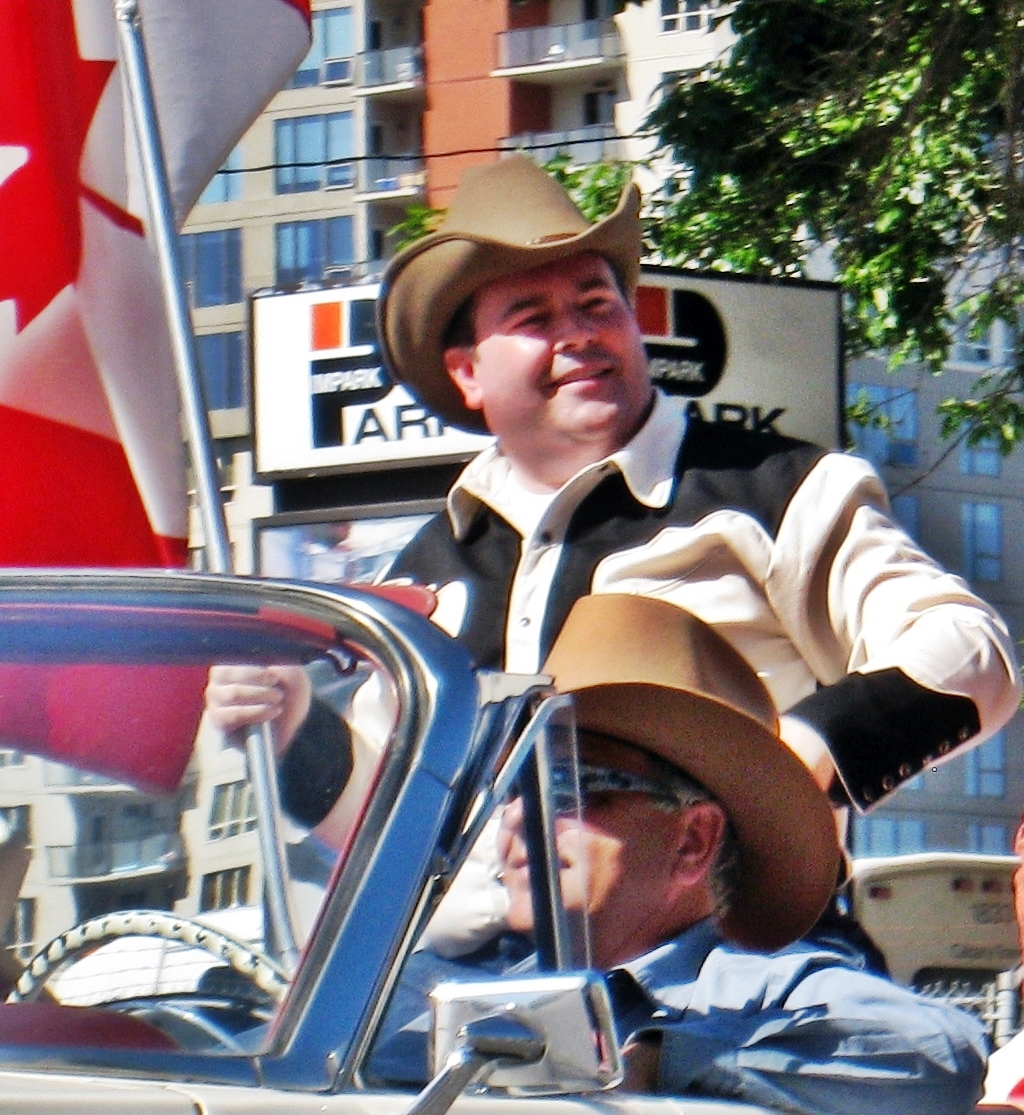Softly, softly, Jason Kenney has quit his job on the Commons Special Committee on Electoral Reform, presumably to give himself more time to run for the leadership of Alberta’s Progressive Conservative Party and merge it with the Wildrose Opposition, whether the members of either party like it or not.
So what are we paying him for, again?
By we, I mean the supposedly long-suffering Canadian taxpayers Kenney used to pretend to represent back in the day when he was a full-time provocateur for the Canadian Taxpayers Federation — which, given the organization’s normal behaviour, has been strangely passive about their favourite politician’s continued acceptance of his MP’s salary since ceasing to represent his constituents in early July after announcing his campaign to lead the PCs into oblivion.
Indeed, since the July 6 announcement, about the only thing Kenney has been doing to earn his salary has been occasional appearances as an Opposition member on the 12-member electoral reform committee, which, if you believe the federal Conservative Party’s carrying on, is dealing with the Most Important Issue confronting Canadians in the early 21st Century.
Who knew he’d already quit, and more than two weeks ago? Not very many Canadians, that’s for sure.
It may not quite be a state secret, but Kenney has been so quiet about it, you’d almost think he didn’t want anyone to know that he wasn’t doing anything at all for the Parliamentary paycheques he has continued to cash.
Nevertheless, despite having resigned from the committee on August 12, no one seems to have mentioned it it except the Hill Times, the paywall-protected Ottawa insider publication that seems to have gotten the scoop last Wednesday.
According to the Hill Times’s report, Kenney “quietly gave up his spot on the key federal reform committee in the middle of August.”
How quietly? According to the publication, his resignation was “unbeknownst to journalists who at the time were covering testimony” to the committee on August 22, and also “even unknown to at least two MPs on the busy panel” until last week.
One could argue, however, that Kenney had really, if not officially, quit his job as a committee member, and as an MP too, well before that. His last day listening to testimony to the committee was July 27, when he engaged in the usual Tory quacking about the need for a national referendum on electoral reform.
As an aside, many of us thought we’d had a referendum of sorts back on October 19 last year, when Canadians decided to freshen up Parliament with a new government.
But Tories are desperate for a national referendum on electoral reform because they are confident they could turn it into a scare campaign to preserve the huge advantages they have enjoyed under the first-past-the-post system.
Political commentator Corey Hogan, a former executive director of the Alberta Liberal Party, recently organized an experiment in which 1,500 respondents were asked to answer a question about electoral reform phrased one of three different ways. It showed, Hogan wrote in his analysis, that “just by changing the words used you can have a dramatic shift in results.”
“That, ultimately, is the problem with referenda,” he wrote. “How democratic and fair is it if changing two words can swing the outcome by 15 points?”
Returning to Kenney’s taxpayer-supported retirement phase-in, since he apparently has only one source of income, one wonders what he will do to keep body and soul together once the Parliamentary paycheques stop.
One would think that would be soon, if he keeps his promise to truly resign at the start of next month, when the race he has been campaigning full time to win will actually become an official contest, with rules and everything.
Well, perhaps there will be some insights into how he does it when he releases his tax return, as he also promised to do last month.
Turning momentarily to the matter of the so-called taxpayer federation’s uncharacteristically low-key response to its former employee’s Parliamentary pogey, fairness compels me to concede that the Astro-Turf organization insists this is not so.
CTF apparatchiks such as Federal Director Aaron Wudrick disagree aggressively with my assessment, pointing in numerous Tweets to quotes mildly complaining about Kenney that have appeared in CBC and Globe and Mail stories.
Nevertheless, there has been no mention of Kenney on the CTF’s website since July 2014, when the group mentioned his role in bringing temporary foreign workers into the country to argue that Employment Insurance is too liberal, suggesting to me that CTF directors will comment on Kenney if cornered by a reporter, but aren’t about to make a federal case, as it were, of the issue.
I leave it to readers to decide who has it right.
This post also appears on David Climenhaga’s blog, AlbertaPolitics.ca.
Like this article? rabble is reader-supported journalism. Chip in to keep stories like these coming.



